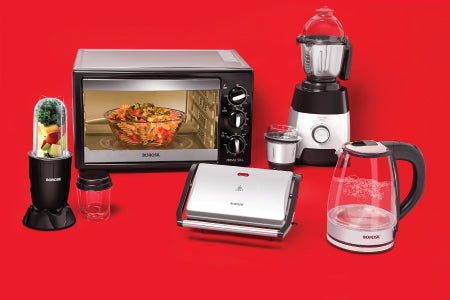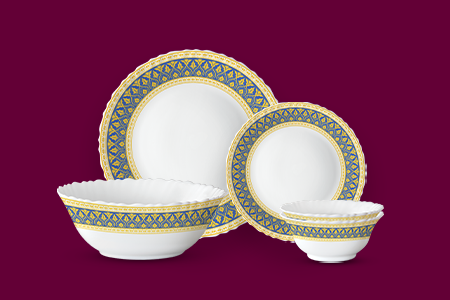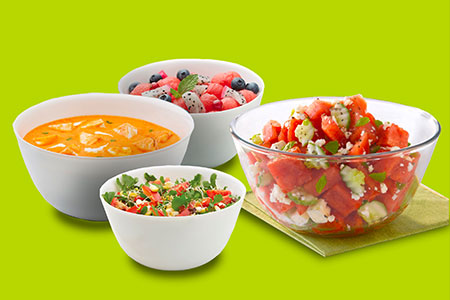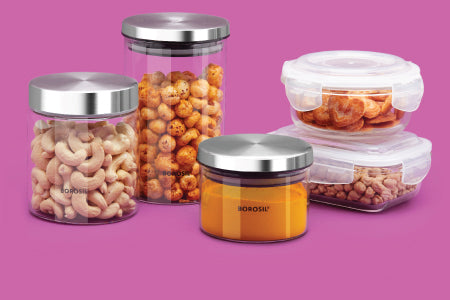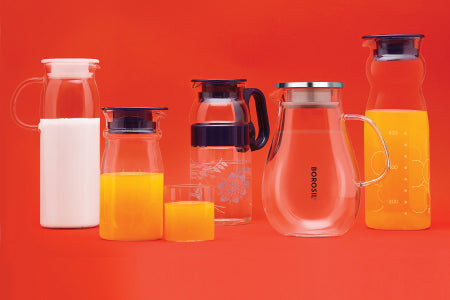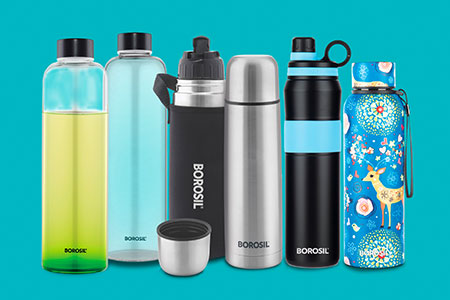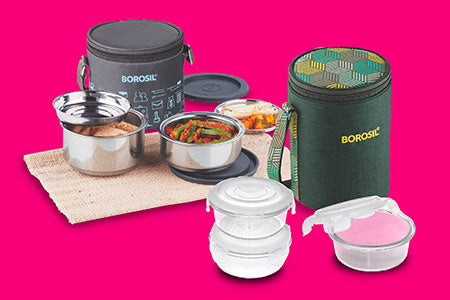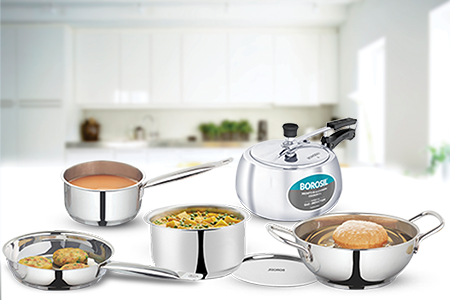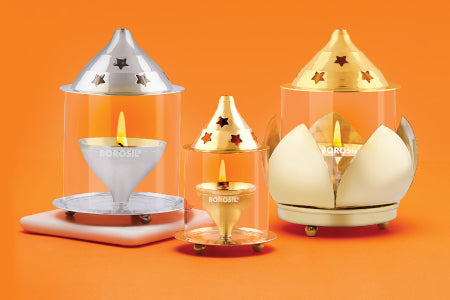
Can You Use Glass Safely In The Freezer? And Other Burning Freezer Questions
Ever left a bottle in the freezer for too long, only to find the glass broken? That’s sure to make you think that glass always shatters in the freezer. But, as true as that can be, you can easily avoid it if you’re careful about the type of glass and the contents you’re freezing, by keeping these in mind:
Not all glass is equal
With the risk of toxins leaching into the food when stored in plastic, glass storage containers are the most preferred choice in households today. Many factors impact what happens next after you freeze your glass storage container, the most crucial being- the material of glass. Not all types of glass are fit for freezing temperatures, and therefore it’s always advised to use Borosilicate glass containers when storing food. Unlike ordinary glass, containers made from 100% borosilicate glass are extremely durable. They don’t contain air pockets that cause contraction during temperature changes. These containers are highly versatile and can be used to cook the food and reheat it in the microwave, oven or flame, store the food in them at room temperature, in the fridge or freezer, serve in them at the tables and then easily clean them in the dishwasher! There is nothing more you can ask for when one dish does the trick for all these kitchen chores!
Here are simple tips and tricks to follow while storing the food in the freezer using Borosilicate glass storage containers
Before storing the food:
Use freezer-safe glass utensils only
Make sure to ensure that your glass container is freezer safe.
Leave headspace
Liquids tend to expand at a very low temperature and need room to grow, therefore it’s advisable to leave room for them in the container when you’re storing them in the freezer to avoid spillovers.
Avoid narrow containers
The logic of this tip is similar to the one above about using wide-mouthed containers. When the liquids in your container expand, they need room for expansion. Using a tall, narrow container, the liquids near the bottom of the container need to work harder to expand upward.
Wait till the food has cooled
Don’t be in a rush to place the containers and jars in the freezer. Nothing damages food more than freezing it while it's still hot! First, let your glass containers cool to room temperature. Then, lace them in the fridge for several hours to cool even further. Once cooled, place them in the freezer.
Also Read: Mouth-watering Makhana Kheer
While the food is stored:
Don’t tighten the lid immediately
When the contents of your container expand, they’ll also put pressure on the air in the container. If you tightly seal your lid, this pressure will be put on the glass itself, potentially leading to a break.
To prevent this from happening, simply leave your lid loose on your containers until the contents are completely frozen.
Use airtight glass storage containers
Your food is likely to get a freezer burn when it’s not scored securely enough and the oxygen dehydrates the food. This might dilute the taste a little, but the food remains fit for consumption. You can avoid freeze burns by always storing food in airtight glass storage containers that are 100% leakproof and maintain the freshness of the food for a longer duration.
Put space between containers
The last tip while freezing food in glass jars or containers is to leave space between them. If you’re freezing several glass jars at once, don’t put them right next to each other in the freezer. Instead, leave some “breathing room” between them to prevent any pressure changes from one container and affect the containers sitting directly next to it.
When defrosting the food:
Avoid rapid temperature fluctuations
When thawing your frozen items, you’ll want to reverse the process by loosening the lid, putting the container in the fridge to thaw, and finally allowing the container to warm up to room temperature.
#BorosilTip: An easy way to ensure that your food container isn’t impacted by temperature fluctuations, is to use glass storage containers that are made to withstand drastic temperatures. Not only are they 100% freezer safe, but also guaranteed to withstand heat up to 350°C.
To conclude, no more glass-breaking horror stories (literally).
As long as you take the abovementioned precautions, you can safely store your excess foods in glass containers in the freezer, and also exploit it for its many other uses.

